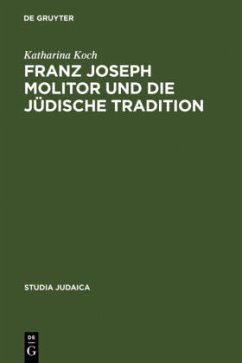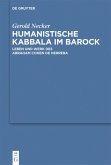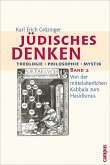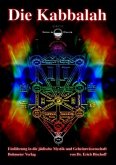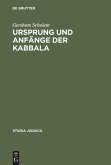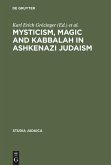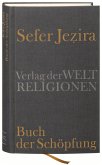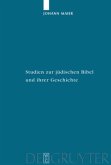This is the first systematic presentation of the life and work of the Frankfurt-based philosopher and Christian cabbalist F.J. Molitor (1779-1860) against the background of his dealings with Judaism.
Molitor represented the utopia of the Christian cabbala, which sees the oldest evidence of divine revelation in Jewish esotericism. His occupation with Jewish literature over a period of more than 40 years led to his being admired by the great intellectuals of his time, but also resulted in his poverty and social isolation. This study restores a hitherto largely neglected thinker to his rightful place in German intellectual history in the first half of the 19th century.
Das Leben und Werk des Frankfurter Philosophen und christlichen Kabbalisten F. J. Molitor (1779-1860) wird vor dem Hintergrund seiner Auseinandersetzung mit dem Judentum hier zum ersten Mal systematisch entfaltet.
Molitor vertrat die Utopie der christlichen Kabbala, die in der jüdischen Esoterik die ältesten Zeugnisse der göttlichen Offenbarung sucht. Seine mehr als 40 Jahre währende Auseinandersetzung mit der jüdischen Literatur brachte ihm gleichermaßen die Bewunderung der intellektuellen Größen seiner Zeit wie Armut und soziale Isolation. Die Arbeit ordnet den bisher weitgehend vernachlässigten Denker in die deutsche Geistesgeschichte der ersten Hälfte des 19. Jahrhunderts ein.
Molitor represented the utopia of the Christian cabbala, which sees the oldest evidence of divine revelation in Jewish esotericism. His occupation with Jewish literature over a period of more than 40 years led to his being admired by the great intellectuals of his time, but also resulted in his poverty and social isolation. This study restores a hitherto largely neglected thinker to his rightful place in German intellectual history in the first half of the 19th century.
Das Leben und Werk des Frankfurter Philosophen und christlichen Kabbalisten F. J. Molitor (1779-1860) wird vor dem Hintergrund seiner Auseinandersetzung mit dem Judentum hier zum ersten Mal systematisch entfaltet.
Molitor vertrat die Utopie der christlichen Kabbala, die in der jüdischen Esoterik die ältesten Zeugnisse der göttlichen Offenbarung sucht. Seine mehr als 40 Jahre währende Auseinandersetzung mit der jüdischen Literatur brachte ihm gleichermaßen die Bewunderung der intellektuellen Größen seiner Zeit wie Armut und soziale Isolation. Die Arbeit ordnet den bisher weitgehend vernachlässigten Denker in die deutsche Geistesgeschichte der ersten Hälfte des 19. Jahrhunderts ein.
"Eine gut geschriebene Untersuchung zu Denken und Werk einer der rätselhaftesten philosophischen Persönlichkeiten des 19. Jahrhunderts, die es dem Vergessen zu entreißen lohnt." -- Andreas Korpas in: www.literaturkritik.de 08/2006
"The book, well organized and well written, is a useful text for anyone interested in the Christian study of Kabbalah, the history of philosophy and the Jewish impact on Christian thougth."
European Journal of Jewish Studies 1/2007
"Eine gut geschriebene Untersuchung zu Denken und Werk einer der rätselhaftesten philosophischen Persönlichkeiten des 19. Jahrhunderts, die es dem Vergessen zu entreißen lohnt."
Andreas Korpas in: www.literaturkritik.de 08/2006
European Journal of Jewish Studies 1/2007
"Eine gut geschriebene Untersuchung zu Denken und Werk einer der rätselhaftesten philosophischen Persönlichkeiten des 19. Jahrhunderts, die es dem Vergessen zu entreißen lohnt."
Andreas Korpas in: www.literaturkritik.de 08/2006

